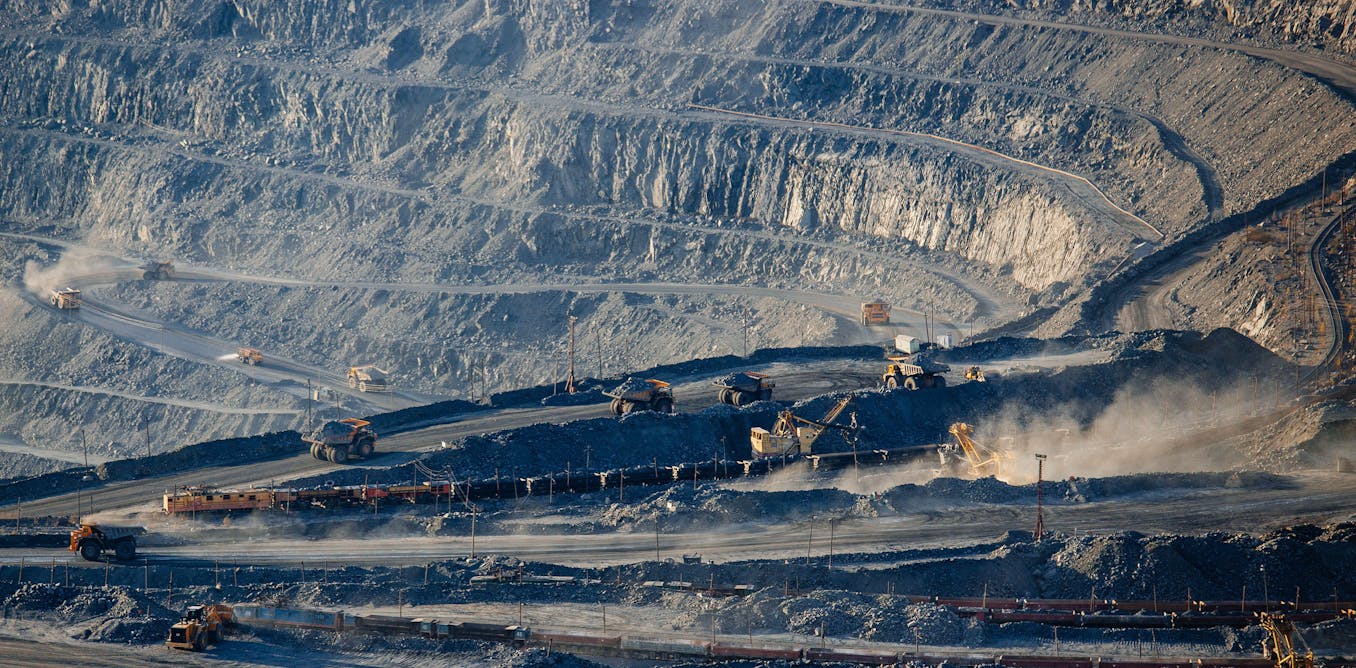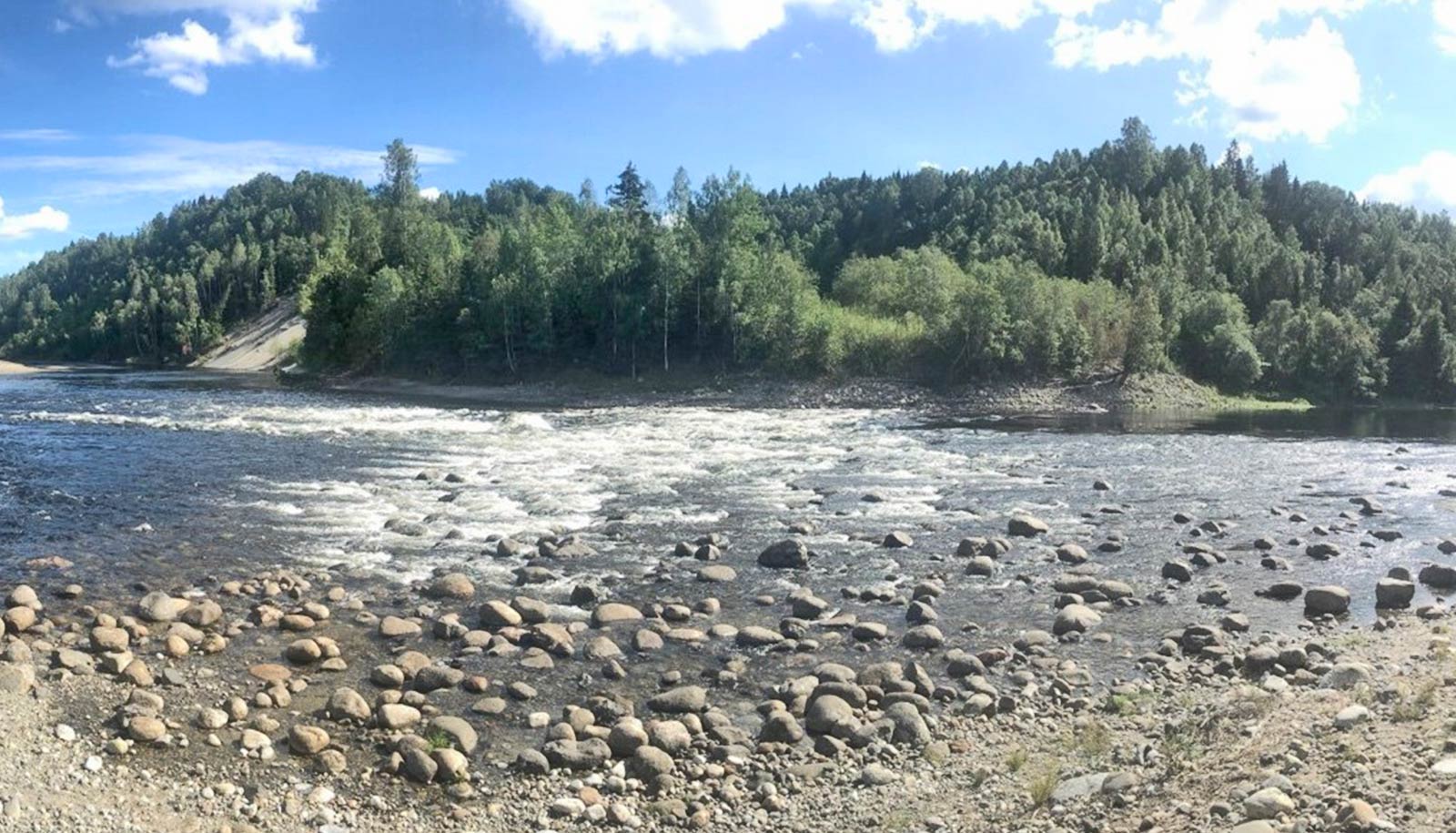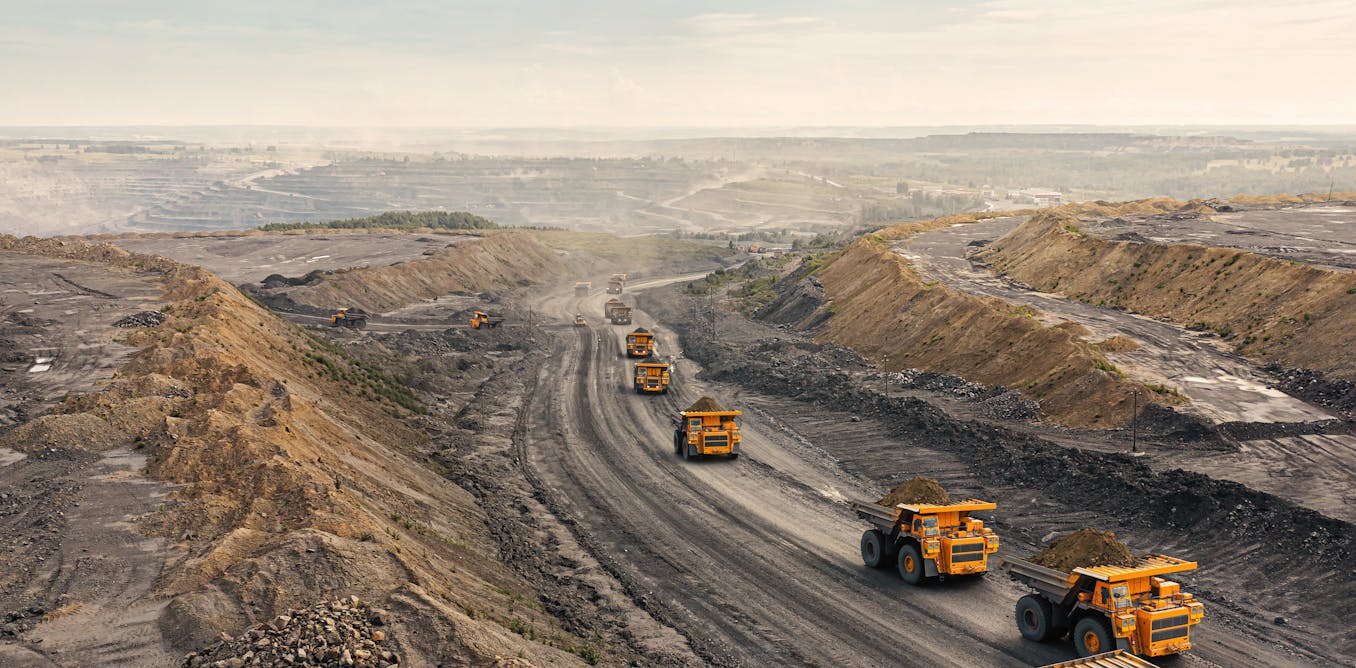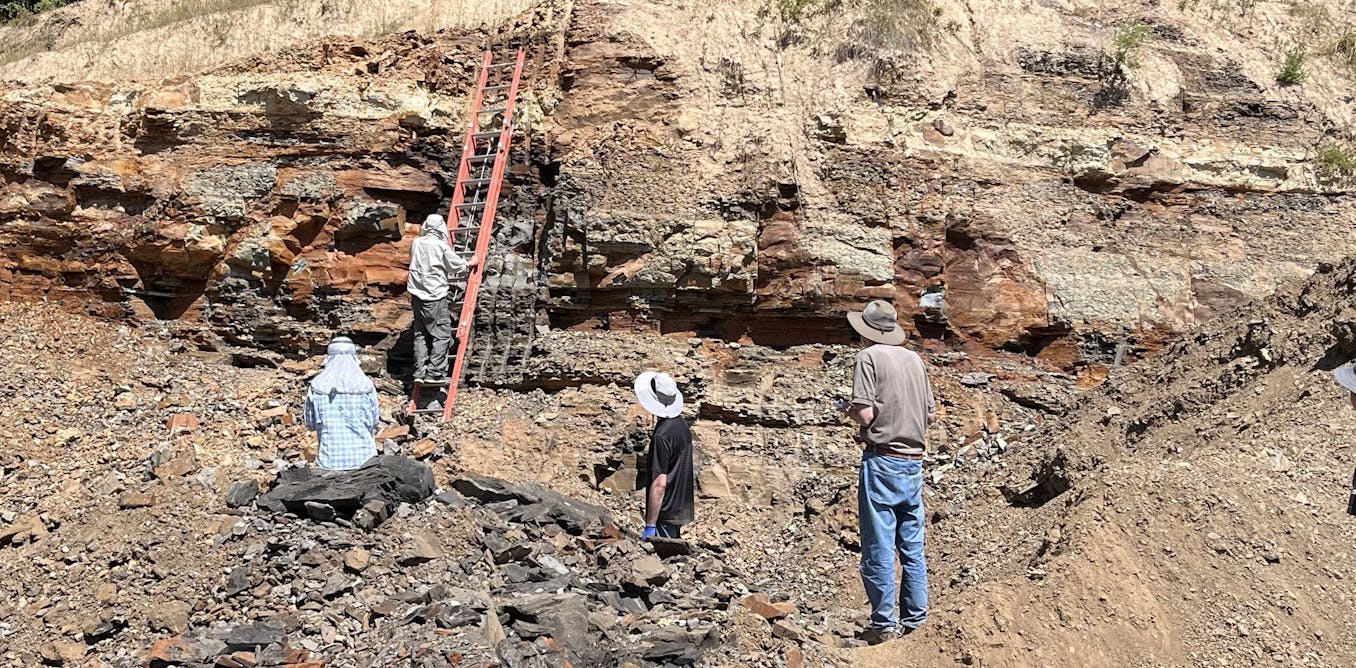The Anthropocene epoch that isn’t – what the decision not to label a new geological epoch means for Earth’s future
Scientists Jan Zalasiewica and Erle Ellis on the recent decision to reject a proposal for a new geological epoch, the Anthropocene. Listen to The Conversation Weekly podcast.
April 4, 2024 • ~5 min







